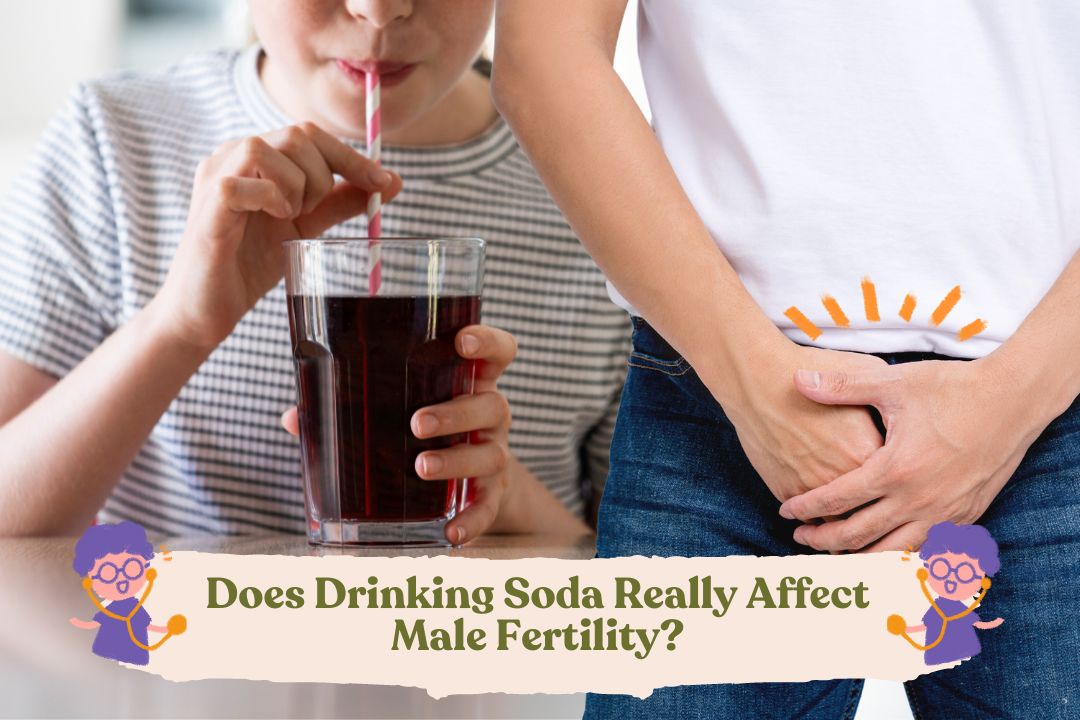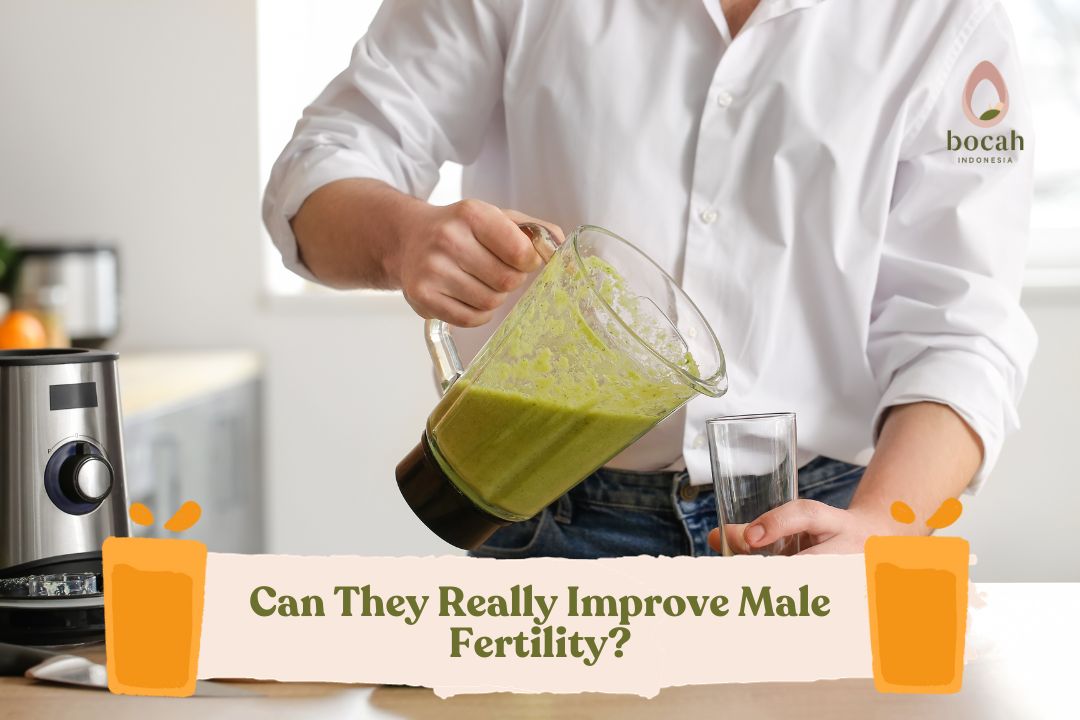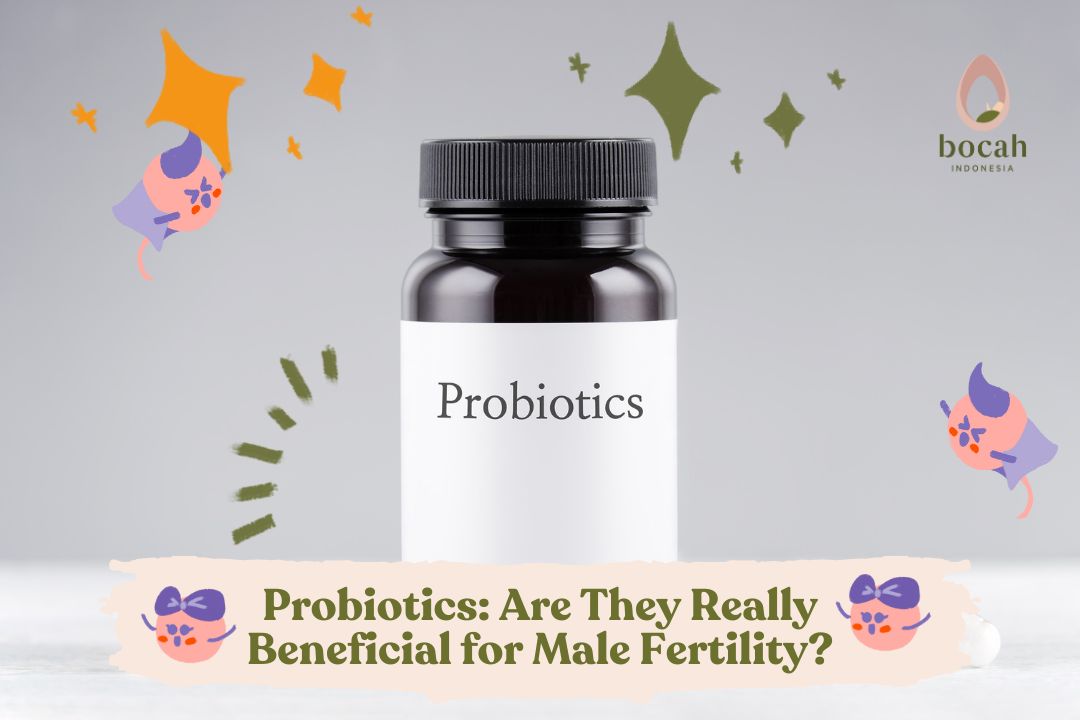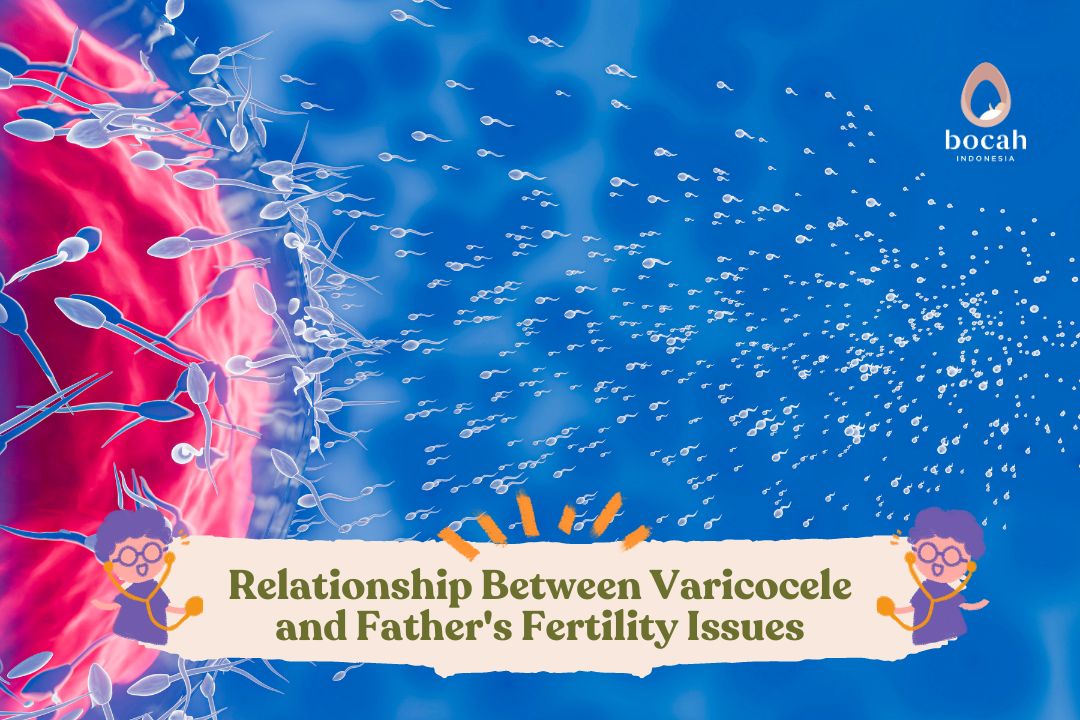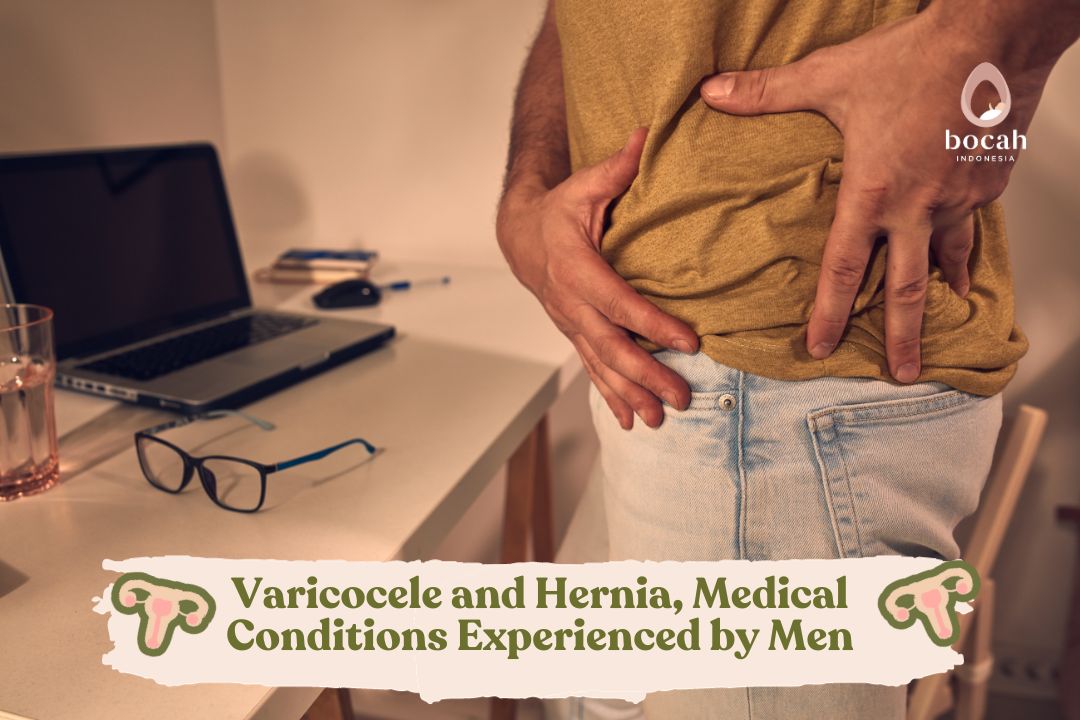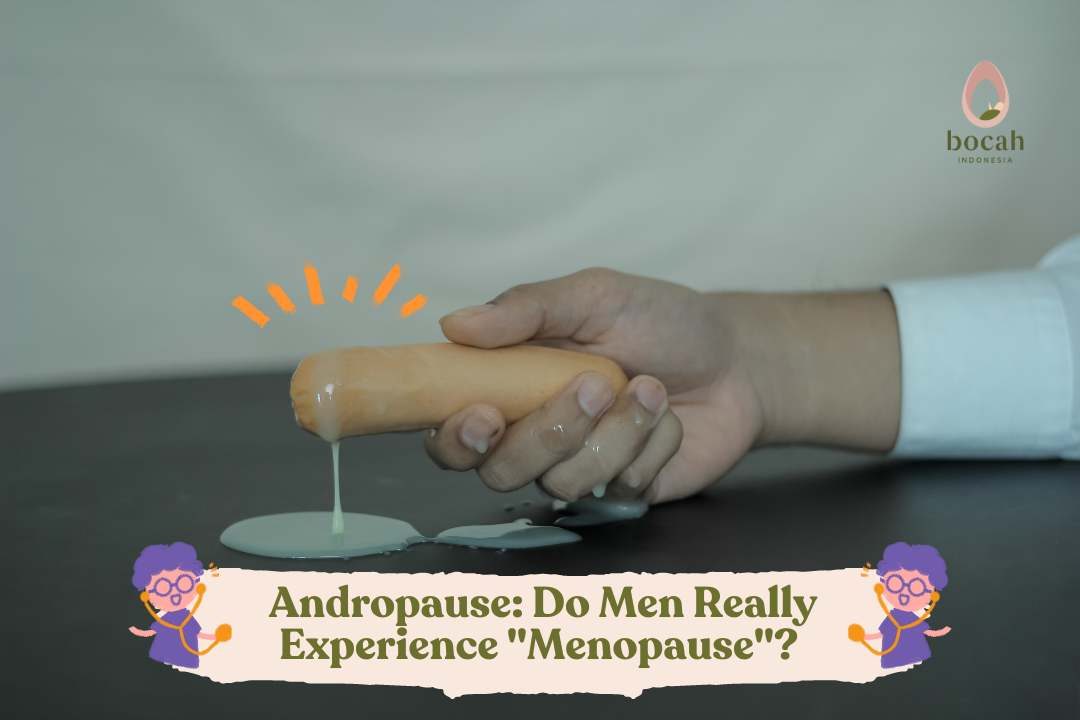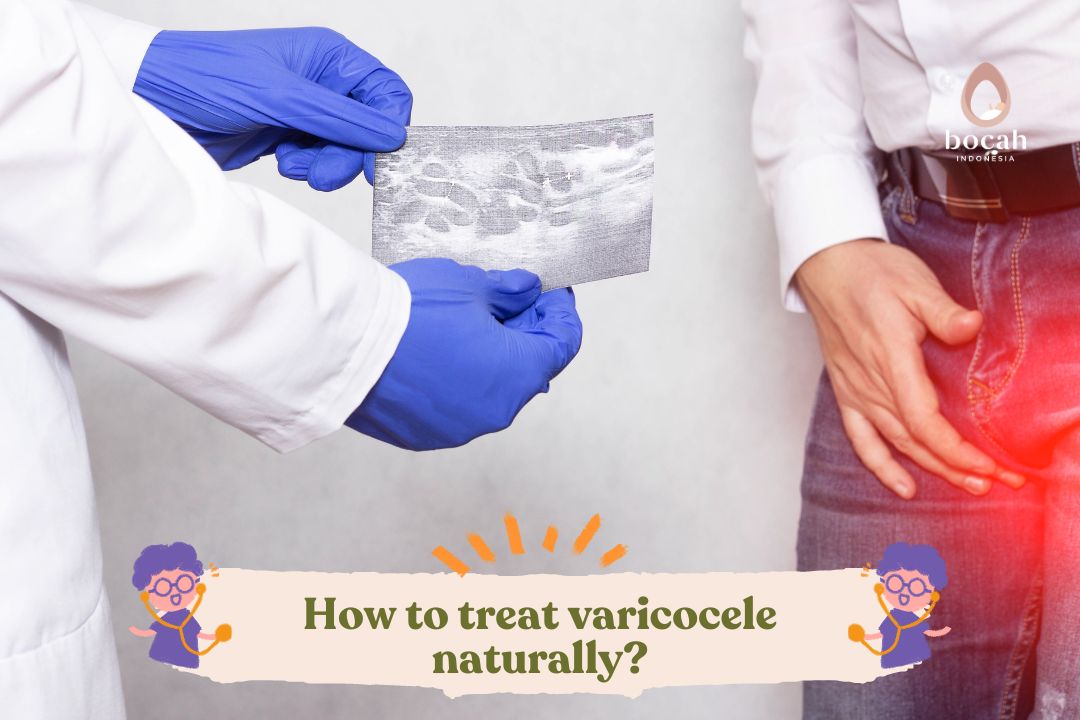Myths and Facts about Varicocele: Is It Really a Threat to Male Fertility?
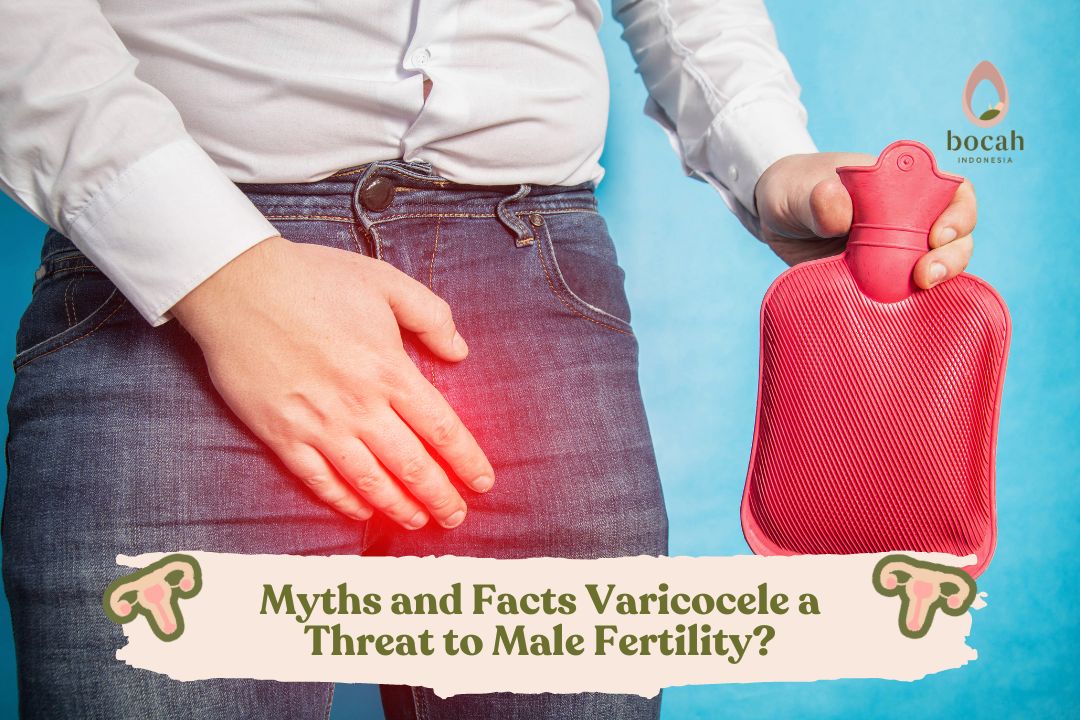
Varicocele is a common cause of male infertility. This condition can lead to low sperm production and decreased sperm quality.
Just like varicose veins that develop in the legs, varicocele is the swelling of blood vessels inside the scrotum. It can occur in one or both testicles.
In many cases, men with varicocele do not show any symptoms, but some may experience fertility problems. The question is, is this condition really dangerous? And is it a threat to male fertility? Find out the myths and facts here.
Myth #1: Varicocele is a rare condition.
In fact, varicocele is quite common. Statistically, varicocele is found in 15 percent of the normal male population and nearly 40 percent in men with infertility. This means that most men with varicocele do not actually have fertility problems. However, in the population of men with infertility, varicocele is still one of the frequently found causes.
Myth #2: Varicocele always causes pain.
In fact, although pain can be one of its symptoms, many men with varicocele do not feel anything. When symptomatic, varicocele can cause lumps in the scrotum, as well as swelling, a feeling of fullness, or heaviness in the testicles. However, these symptoms are often mild and can vary greatly among individuals.
Tanya Mincah tentang Promil?
Myth #3: Varicocele is always easy to recognize or diagnose.
In fact, this condition is not always obvious. Although a father or doctor can easily recognize the physical signs of varicocele, in many cases, the anomaly is not visible to the naked eye. Medically, doctors assess varicocele on a scale from 0 to 3. A “0” means that varicocele is only visible through ultrasonography (USG), while a “3” means that the physical abnormality is so clear that it can be recognized just by looking at the shape of the scrotum.
During fertility evaluation, there are times when a doctor may ask a patient—who seemingly does not have varicocele—to perform the Valsalva maneuver and strain. The doctor then palpates the scrotum to see if there is excess blood filling the veins, which indicates the presence of varicocele.
Myth #4: Fertility problems are the only complications of varicocele.
In fact, varicocele can also cause other issues. The main concern for most men seeking treatment for varicocele is fertility. Approximately 30 to 40 percent of men with primary infertility have varicocele. This is because impaired blood flow can hinder the testicles’ ability to produce sperm. Other potential complications include reduced testosterone production, which can trigger other health problems such as metabolic syndrome, osteoporosis, and diabetes.
Myth #5: Varicocele is not dangerous and can be left untreated.
Varicocele generally does not pose an immediate life-threatening risk and does not require immediate treatment. However, varicocele can be a sign of a more serious problem. In most cases, varicocele forms in the left testicle due to the way blood circulates. But if varicocele forms on the right side, it may indicate the presence of a tumor or another mass—such as a kidney tumor—that obstructs blood flow.
Even mild cases of varicocele can somewhat interfere with sperm production and quality. Therefore, never underestimate the appearance of varicocele. Considering the complications it can have on fertility and testosterone production, it is advisable to seek treatment promptly if there is anything unusual in the scrotum.
Myth #6: Men with varicocele cannot naturally impregnate women.
In fact, this largely depends on the severity of the varicocele and other factors a man possesses. In principle, if the varicocele is not severe and does not affect sperm production, it should not be difficult for a man to naturally impregnate a woman. However, if the varicocele has progressed to stage two or three and has caused damage to the testicles, fertility problems in men are very likely.
The good news is that male fertility can be restored when varicocele of this nature is treated through surgery. Indicated varicocele surgery is known to improve sperm quality and production, ultimately increasing the chances of natural pregnancy. In cases of severe varicocele, pregnancy can only be achieved through assisted reproductive techniques such as in vitro fertilization (IVF).
Myth #7: Surgery is the only way to treat varicocele.
Although surgery may be necessary in some varicocele cases, it is not the only option. Treatment choices for varicocele can range from watchful waiting or observation in asymptomatic cases, non-surgical procedures (percutaneous embolization), to surgery. The chosen treatment strategy is typically tailored to individual needs, taking into account symptoms, desire for offspring, and overall health conditions.
Myth #8: Surgery for varicocele always improves fertility.
Statistically, it is found that 70 percent of men who undergo varicocele surgery show improvement in sperm parameters. The rate of fertilization also increases by about 40-60 percent. Improvement in sperm quality is evident at 3-4 months post-surgery and becomes stable after 6 months. However, this does not guarantee that fertility problems can be completely resolved. The potential benefits of varicocele improvement on fertility are individual and depend on various factors such as the severity of varicocele, the overall health of the man, and the presence of other causes of infertility. Additionally, varicocele can still recur or persist in about 10-15 percent of men who undergo surgery.
Myth #9: Varicocele is not a hereditary condition.
Men are more likely to experience varicocele if their father or male siblings have also experienced the same condition. In fact, the risk of varicocele occurrence increases up to 8 times in men with a family history of varicocele.
Myth #10: Varicocele can be prevented.
As of now, there is no way to prevent varicocele. However, fathers can prevent the condition from worsening by adopting measures such as maintaining overall health, following a healthy diet, staying hydrated, and avoiding smoking. Also, avoid wearing tight underwear, excessive cycling, prolonged sauna sessions, and heavy weight lifting activities.
Conclusion
Although varicocele is the most common cause of male infertility, this condition is highly treatable. Treated varicocele can quickly improve sperm quality parameters, thereby increasing the chances of pregnancy for couples facing difficulty conceiving naturally.
This article has been medically reviewed by Dr. Fiona Amelia, MPH
Source:
- Eyre RC. Nonacute scrotal conditions in adults. In: UpToDate, Post, TW (Ed), UpToDate, Waltham, MA, 2021. URL: https://www.uptodate.com/contents/nonacute-scrotal-conditions-in-adults?search=varicocele&source=search_result&selectedTitle=1~13&usage_type=default&display_rank=1
- Patient education: varicocele (the basics). In: UpToDate, Post, TW (Ed), UpToDate, Waltham, MA, 2021. URL: https://www.uptodate.com/contents/varicocele-the-basics?search=varicocele&source=search_result&selectedTitle=1~13&usage_type=default&display_rank=1
- American Society of Reproductive Medicine. (2014). Varicocele. URL: https://www.reproductivefacts.org/news-and-publications/patient-fact-sheets-and-booklets/documents/fact-sheets-and-info-booklets/varicocele/?_ga=2.122793867.1603549275.1636325162-1962737726.1636325162
- Practice Committee of the American Society for Reproductive Medicine. (2014). Report on varicocele and infertility: a committee opinion. Fertility and sterility, 102(6), 1556-1560.
- Leslie SW, Sajjad H, Siref LE. Varicocele. [Updated 2021 Sep 17]. In: StatPearls [Internet]. Treasure Island (FL): StatPearls Publishing; 2021 Jan-. URL: https://www.ncbi.nlm.nih.gov/books/NBK448113/


